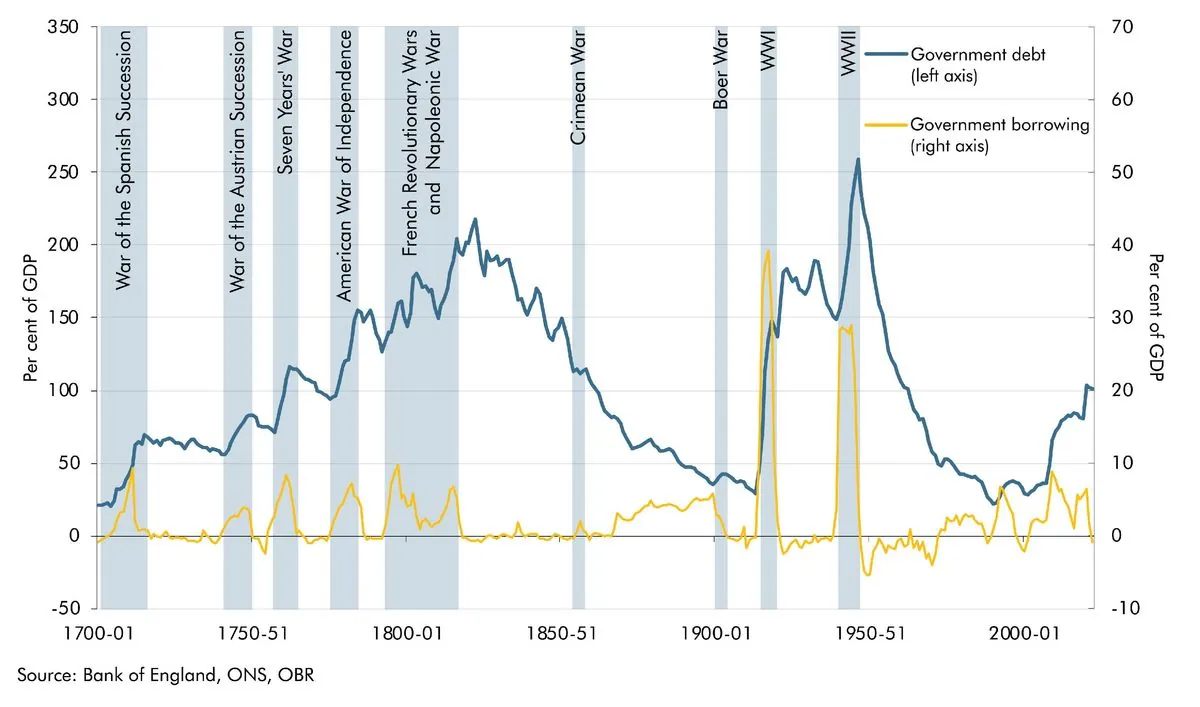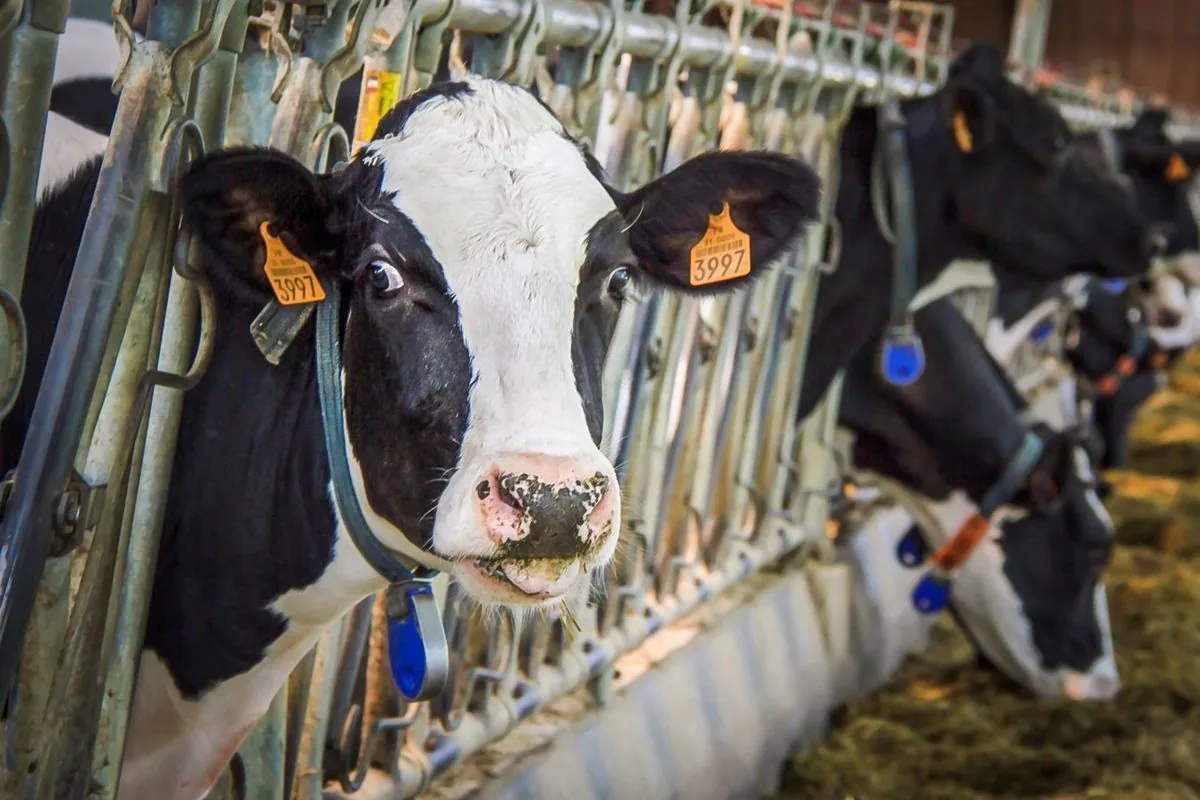UK's Fiscal Challenge: Low-Paid Migrants' Impact on Public Finances
OBR report reveals low-paid migrants cost UK £151,000 by pension age, while high-earners benefit economy. Government considers policy changes amid record immigration levels and rising national debt.

The Office for Budget Responsibility (OBR), the UK's independent fiscal watchdog, has released a report highlighting the financial impact of low-paid migrant workers on public finances. The analysis reveals a complex picture of costs and benefits associated with different migrant groups, prompting discussions about potential policy changes.
According to the OBR's findings, low-paid migrant workers who arrive in the UK at age 25 and earn half the average wage could cost the government approximately £151,000 by the time they reach the state pension age of 66. This cost is attributed to their higher demand for public services, such as the National Health Service (NHS), compared to their tax contributions.

The report contrasts this with the fiscal impact of British-born workers, who are estimated to contribute £280,000 to public finances by age 66, even after accounting for education and healthcare costs. However, it's important to note that the average migrant worker, regardless of income level, tends to be a net contributor to the UK economy throughout their lifetime. This is primarily due to not receiving education in the UK and paying additional fees such as visa and healthcare charges.
The OBR's analysis also highlights the significant benefits of attracting high-earning migrants. Those earning 30% above the average salary could potentially contribute £925,000 to the Treasury by state pension age, remaining net contributors even if they live to 100.
"I think the characteristics of migrants, in terms of their earnings and how long they stay, are as important, if not more important, than the absolute numbers."
These findings come at a time when the UK is grappling with record-high net migration, which reached 764,000 under the current Conservative government. In response, the government has implemented changes to the visa system, including increasing the minimum salary requirement for Skilled Worker visas from £26,200 to £38,700.
The impact of migrant earnings on the UK's long-term debt trajectory is significant. The OBR projects that if all migrants earned 50% less than the average UK wage, national debt could rise to 350% of GDP by 2074, compared to 275% under current projections. Conversely, if all migrants earned 30% more than the domestic population, debt would only rise to 225% of GDP over the same period.
As the UK faces these fiscal challenges, policymakers are considering various approaches to address the issue. Sir Keir Starmer, leader of the Labour Party, has suggested prioritizing British workers, while the current government is exploring further restrictions on visas for low-skilled workers.
The OBR's report underscores the complexity of immigration's economic impact and the need for nuanced policy decisions that balance fiscal considerations with the UK's labor market needs and long-term economic growth.


































